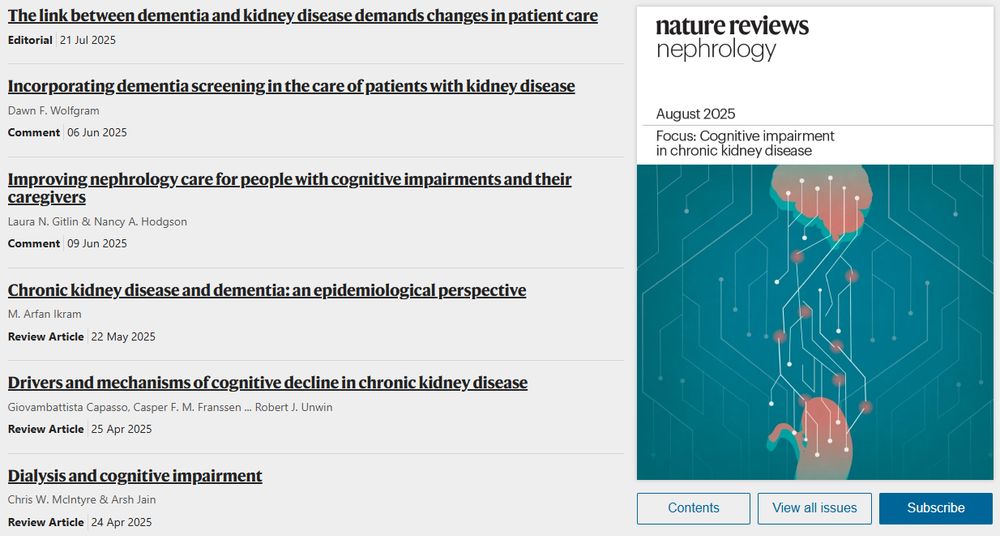Multiple funded in 5 tracks: General; Cross-Cultural; International; Interdisciplinary; Ernest Becker.
Funds research on the dynamics of being and becoming in social and mental life.
More info: www.issep.org/research-gra...

Multiple funded in 5 tracks: General; Cross-Cultural; International; Interdisciplinary; Ernest Becker.
Funds research on the dynamics of being and becoming in social and mental life.
More info: www.issep.org/research-gra...

#PsychSky #TherapistSky #TherapistsConnect

#PsychSky #TherapistSky #TherapistsConnect
The grants aim to help AHPs and psychologists engage with research early in their careers and build confidence and skills in research methods.
Closes: 15 Oct 2025
Find out more and apply bit.ly/4kHeilE


Nothing marketed to you this relentlessly is ever worth it. If it was, they wouldn’t need to beg you.
Nothing marketed to you this relentlessly is ever worth it. If it was, they wouldn’t need to beg you.
@woodmjm.bsky.social
for this publication from her #PhD in #PalliativeCare studies. Read it here: journals.sagepub.com/doi/10.1177/... #hpm #hapc

@woodmjm.bsky.social
for this publication from her #PhD in #PalliativeCare studies. Read it here: journals.sagepub.com/doi/10.1177/... #hpm #hapc
Apply for the William Inman Prize, awarded every 5 years for original work exploring how psychological factors affect physical conditions. Winner receives £2500.
Nominate by 31 August '25: www.bps.org.uk/news/applica...

Apply for the William Inman Prize, awarded every 5 years for original work exploring how psychological factors affect physical conditions. Winner receives £2500.
Nominate by 31 August '25: www.bps.org.uk/news/applica...

Great to see links to acceptance- and value-oriented therapeutic approaches (like ACT) acknowledged, too
Review by Brett Q. Ford
Web: go.nature.com/44LVyN4
PDF: rdcu.be/exQoL
#psychscisky #psychology

Great to see links to acceptance- and value-oriented therapeutic approaches (like ACT) acknowledged, too
Yet, according to WHO, only 10% of the global need for transplants is being met.
In our latest issue, a Comment introduces the ESOT transplant–Lancet Commission on Transplantation.
➡️ tinyurl.com/ccysxrux

Yet, according to WHO, only 10% of the global need for transplants is being met.
In our latest issue, a Comment introduces the ESOT transplant–Lancet Commission on Transplantation.
➡️ tinyurl.com/ccysxrux


